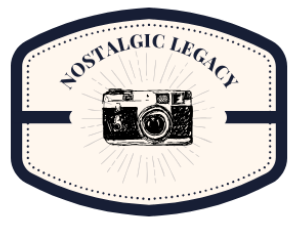Cracking Open a Time Capsule of Childhood
The first shock hits the moment your fingers brush the dusty, yellowed plastic of the original NES. The sound of the cartridge sliding into place is a memory you didn’t know you missed. Pressing the power button feels almost sacred, like ringing a bell that echoes across decades. The familiar red light flickers, and suddenly, the world outside seems quieter, smaller, and a little less complicated. As the opening chime of Super Mario Bros. fills the room, you’re not just playing — you’re stepping through a portal. Every beep, every pixel, seems to whisper, “Welcome home.” It’s surprising how easily old emotions bubble up, as if the years between now and then have melted away.
Nostalgia Rushes In Like a Tidal Wave
Nostalgia isn’t just a feeling; it’s a physical jolt that can catch you off guard. Studies have shown that revisiting childhood favorites can boost happiness and even make people feel less lonely. When you sit cross-legged on the carpet, controller in hand, you might suddenly remember the smell of Sunday pancakes or the laughter of a friend who moved away. The NES becomes more than a machine — it transforms into a memory machine, pulling beloved moments out of storage. There’s a warmth in your chest, a spark that reminds you how simple joy used to be.
The Graphics Are a Shock and a Delight
At first glance, those chunky graphics can be almost comical. Compared to today’s crystal-clear visuals, the NES looks ancient. But after a few minutes, something magical happens. The blocky castles and bright pipes start to look charming, not crude. You notice how the limited palette forced your imagination to fill in the blanks, turning simple sprites into daring heroes and dangerous monsters. The graphics don’t distract; they focus you on the pure gameplay, making every jump and power-up feel more meaningful. It’s almost like reading a favorite childhood book, where the pictures are simple but the stories are vast.
Finding Old Friends in Classic Titles
Booting up The Legend of Zelda or Metroid feels like running into an old friend in a crowded city. The music, the level layouts, even the little secrets you’d forgotten — they all come rushing back. Each boss fight brings a mix of excitement and nerves, especially when you remember how tough they felt as a kid. The sense of accomplishment from beating a level is just as real now as it was decades ago. These are not just games; they’re milestones from your own personal history, each one carrying echoes of the person you used to be.
Multiplayer Laughter Still Feels Fresh
Passing a controller to a sibling or old friend brings out a competitive spark that never really faded. The thrill of racing in Excitebike or battling in Dr. Mario brings back memories of shouting, laughing, and sometimes a little friendly trash talk. The room fills with energy, just like it did back then. These moments are pure and unscripted, proving that simple games can create some of the most powerful connections. Even if you lose, the shared experience is what matters. It’s a reminder that fun doesn’t have an expiration date.
Skills Get Rusty but the Challenge Remains
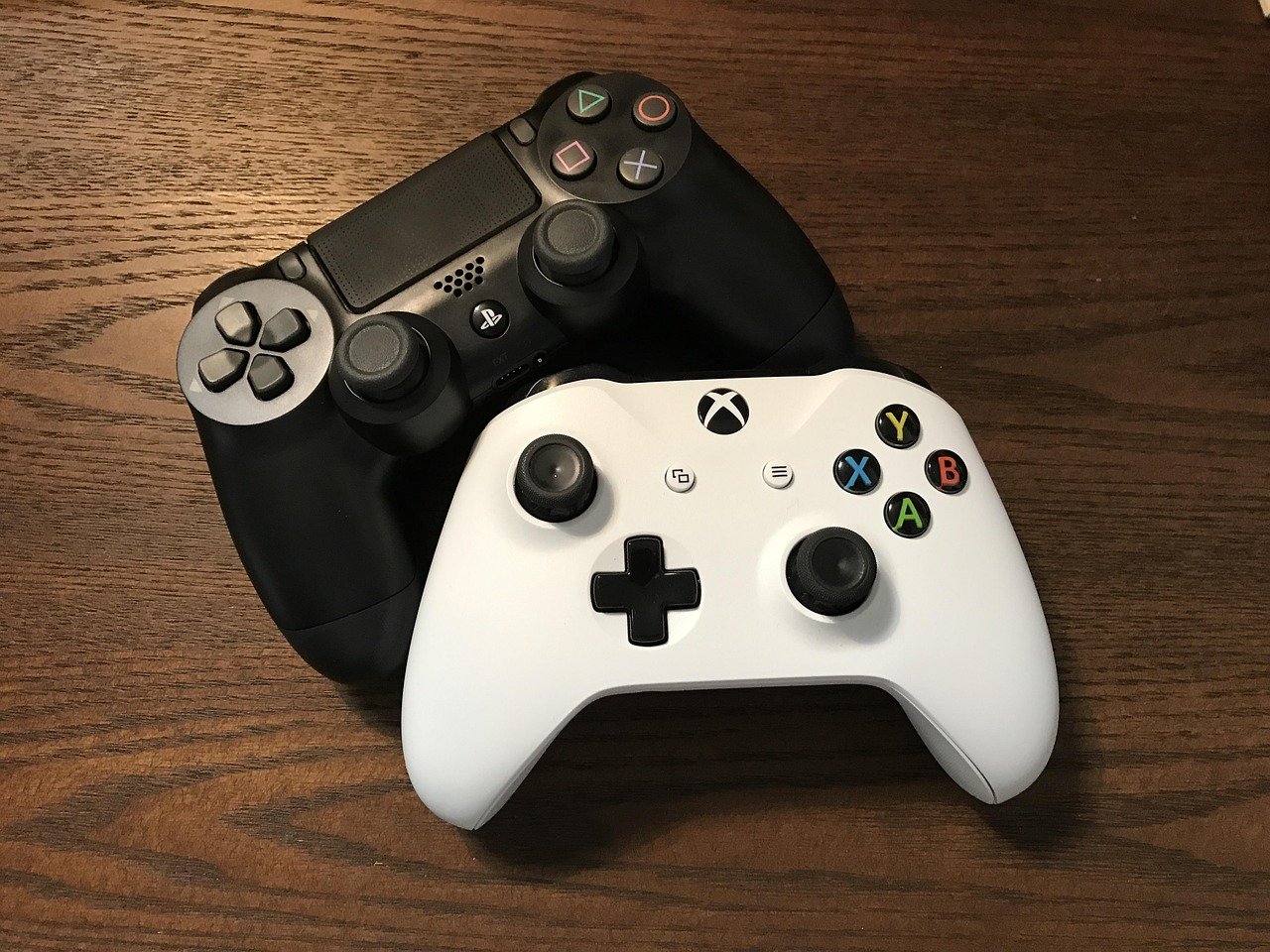
Don’t be surprised if you find yourself dying on the very first Goomba. Thirty years is a long time, and your thumbs might not be as quick as they once were. The games are tougher than you remember, with no hand-holding or infinite saves. Each failure stings a little, but it also reignites your competitive spirit. You’ll want to try again, determined to reclaim your childhood mastery. The difficulty is humbling but also deeply satisfying. Every hard-won victory feels like a badge of honor, proof that some things are worth the effort.
Seeing Gaming’s Roots With New Eyes
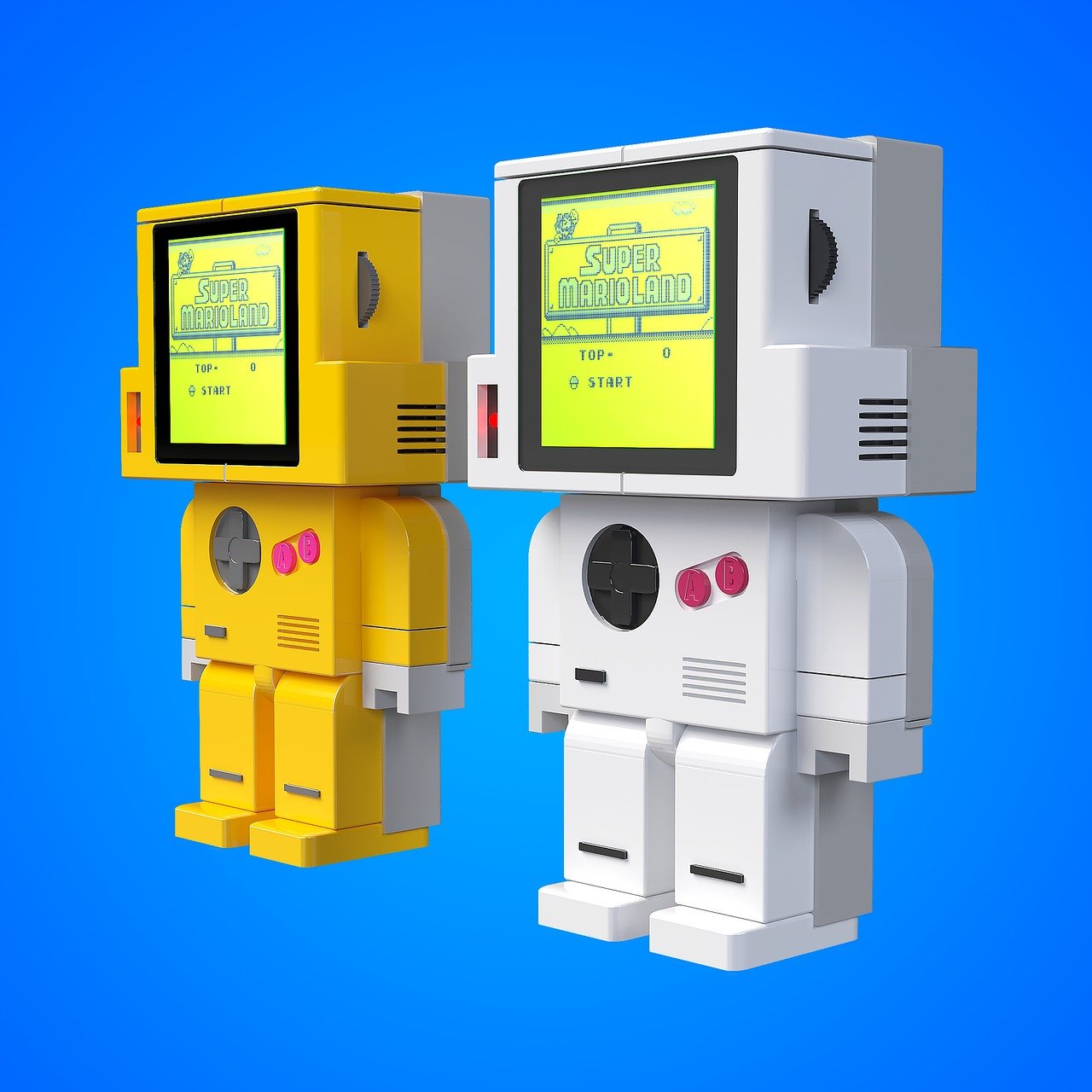
Replaying the NES is like visiting the roots of a giant tree. You can see how modern games grew from these 8-bit beginnings. The simplicity highlights what made these games timeless — tight controls, clever design, and a sense of wonder. It’s fascinating to trace the legacy from these blocks and beeps to today’s sprawling digital worlds. You realize that much of what you love about gaming started right here, in these humble beginnings. The NES becomes a history lesson, one you can play with your own hands.
Passing the Controller Across Generations
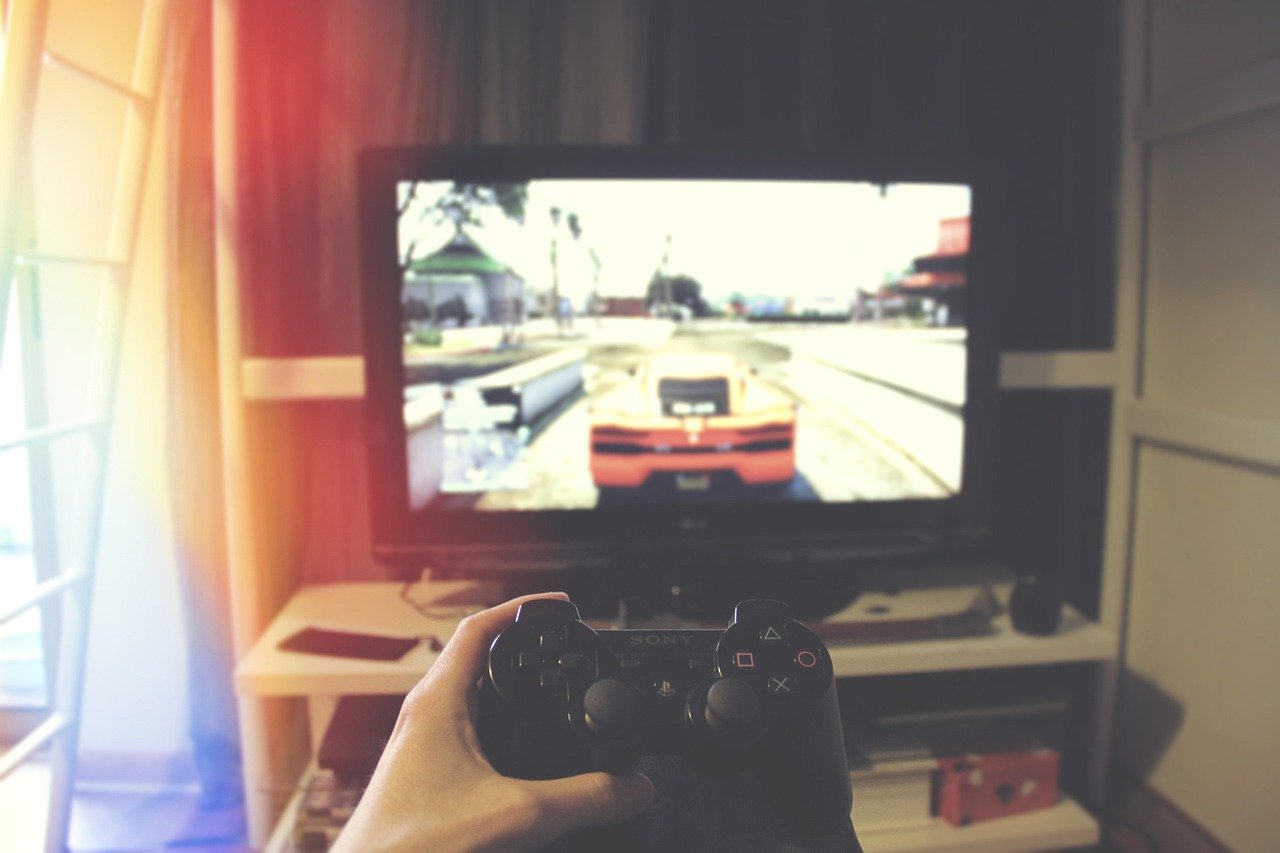
Inviting your kids or younger siblings to play the NES for the first time is a special kind of thrill. Their reactions — wide-eyed surprise, giggles at the graphics, confusion about blowing into cartridges — echo your own first experiences. Watching them discover Mario’s secret pipes or Zelda’s hidden caves is like reliving your own excitement. It’s a bridge between generations, proof that fun is universal. The NES becomes more than nostalgia; it becomes a family heirloom, connecting past and present in a way few things can.
The Music Hits Harder Than Expected
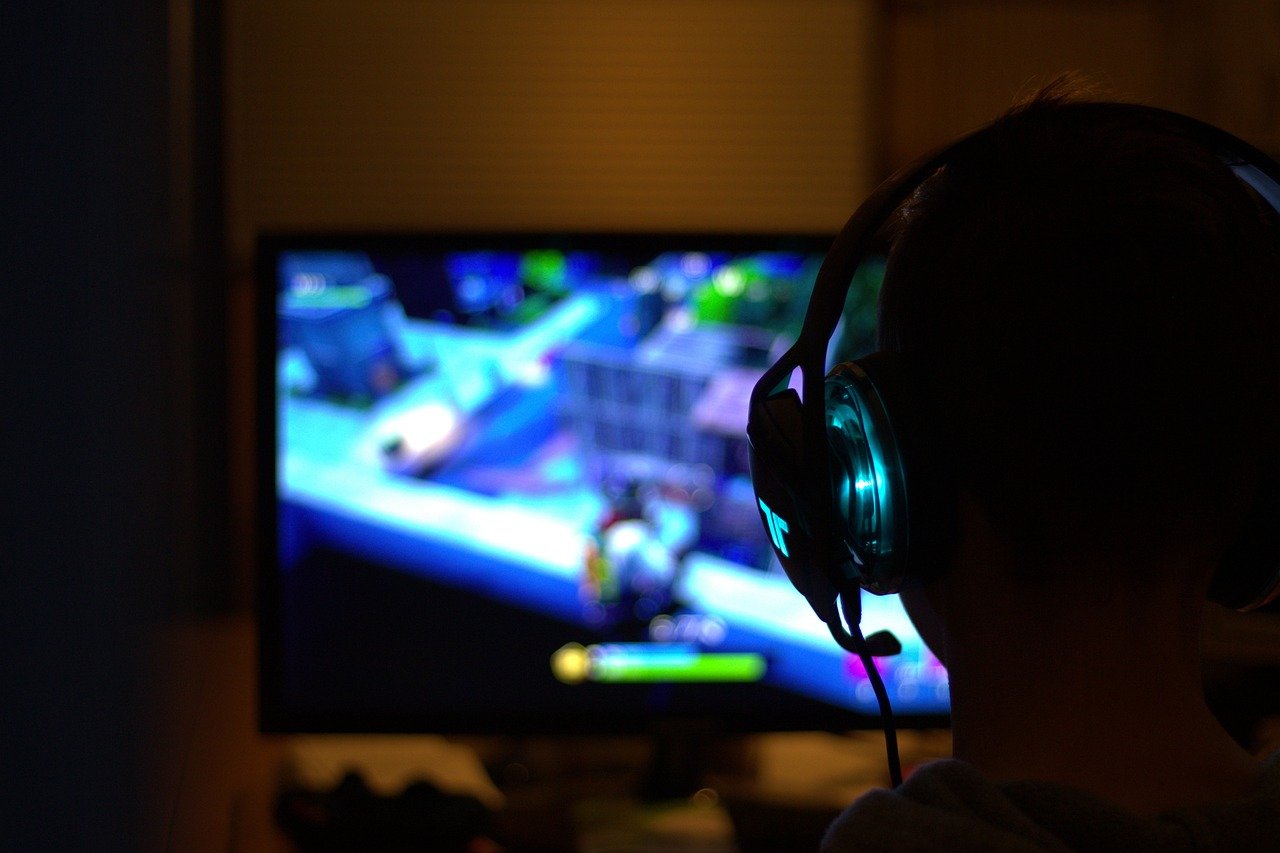
The moment those iconic tunes play, you can almost feel your heart skip a beat. The Super Mario theme, the haunting melody from Zelda — they’re more than background noise. They’re emotional triggers, instantly transporting you to Saturday mornings and after-school hangouts. The music has a way of sticking in your head long after you turn off the console. It’s a reminder that some art forms never fade, and that a few simple notes can carry a lifetime of memories.
Unexpected Emotions After the Power Switch
When you finally turn off the NES, there’s a bittersweet feeling in the air. Part of you wants to keep playing, to chase that feeling just a little longer. But there’s also a deep sense of gratitude — not just for the games, but for the memories and the people who shared them with you. The NES doesn’t just replay old games; it helps you rediscover parts of yourself you thought were lost. It’s a reminder that, sometimes, the simplest joys are the ones that last the longest.
